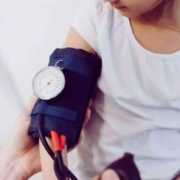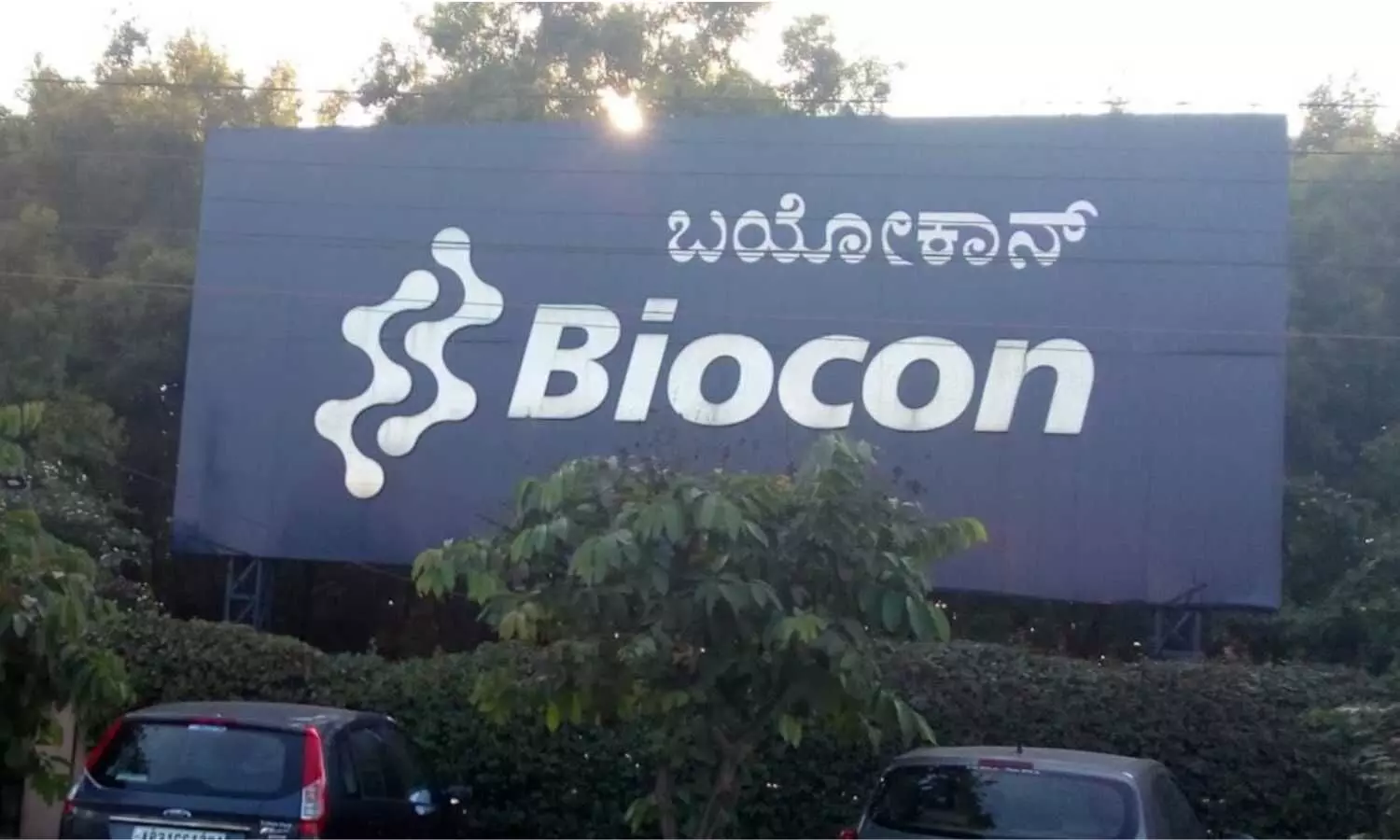Childhood Hypertension Triples Long-Term Risk of Serious Kidney Events, Lancet Study Finds

Canada: A landmark population-based study published in The Lancet Child & Adolescent Health has revealed that children and adolescents diagnosed with hypertension face a significantly higher risk of developing serious long-term kidney complications compared to their non-hypertensive peers.
Conducted by Dr. Junayd Hussain and colleagues from the Michael G. DeGroote School of Medicine, McMaster University, the retrospective cohort study assessed kidney outcomes in youth aged 3 to 18 years across Ontario, Canada. The study spanned over two decades—from April 1996 to March 2023—and utilized data from validated health administrative databases to explore the relationship between childhood hypertension and major adverse kidney events (MAKEs), including chronic kidney disease (CKD), kidney failure, or death.
Researchers matched 26,324 children and adolescents with hypertension to 126,834 non-hypertensive controls using propensity score methods. Matching criteria included key factors such as age, sex, birthweight, maternal gestational hypertension, and pre-existing health conditions like diabetes, obesity, and previous kidney injury. This approach ensured a balanced comparison between the groups, eliminating potential biases that might influence the risk of kidney outcomes.
The study revealed the following findings:
- The incidence of major adverse kidney events (MAKEs) in children and adolescents with hypertension was 5.52 per 1,000 person-years.
- In comparison, the incidence in non-hypertensive controls was 1.66 per 1,000 person-years.
- Overall, 7.7% of hypertensive participants experienced a MAKE versus 2.4% in the control group.
- The risk of MAKEs was three times higher in hypertensive youth, with a hazard ratio of 3.03 (95% CI: 2.86–3.21).
- The median age at the diagnosis of hypertension among study participants was 15 years.
- Males made up 58.7% of the hypertensive cohort, indicating a slight male predominance.
- Most participants had no significant prior medical conditions.
- A small proportion had congenital heart disease (4.4%), malignancy (6.8%), or were born to mothers with hypertension (3%).
These findings highlight the crucial importance of early detection and effective management of high blood pressure in children and adolescents. Despite being traditionally viewed as a condition of adulthood, hypertension in the pediatric population is becoming increasingly common, now affecting around 6% of youth. Until now, direct evidence connecting childhood hypertension to future kidney health has been limited.
“Recognizing and treating hypertension during childhood could play a pivotal role in preventing progressive kidney damage later in life,” the authors noted. They further emphasized the importance of future large-scale, prospective studies to confirm these results and guide targeted interventions.
“With the burden of chronic kidney disease rising globally, especially among young populations, this study emphasizes the urgency of prioritizing pediatric hypertension as a public health concern,” the authors concluded.
Reference: https://www.thelancet.com/journals/lanchi/article/PIIS2352-4642(25)00127-0/abstract
Powered by WPeMatico















